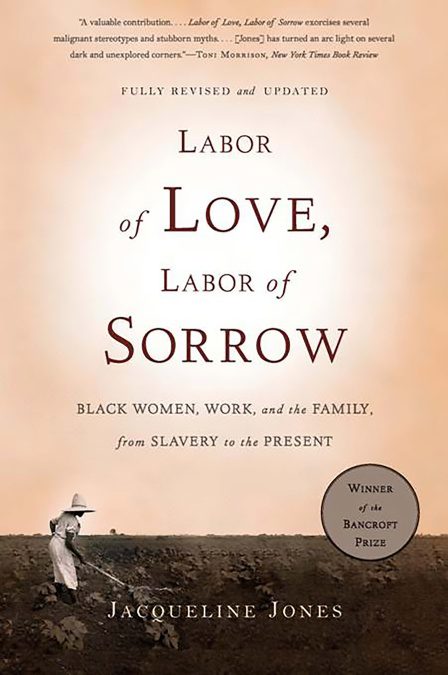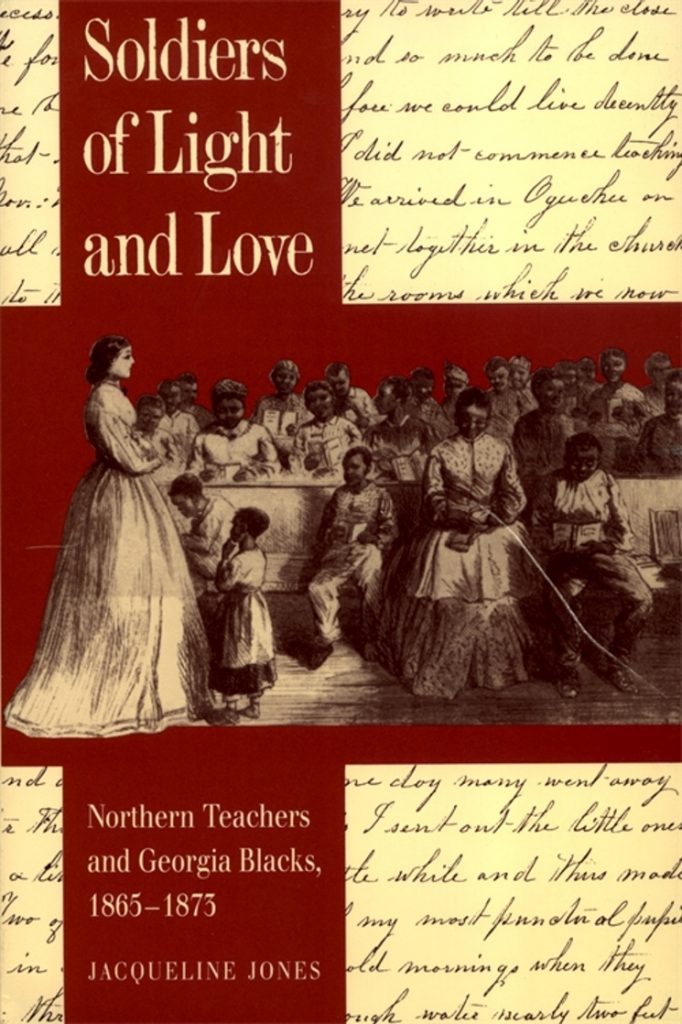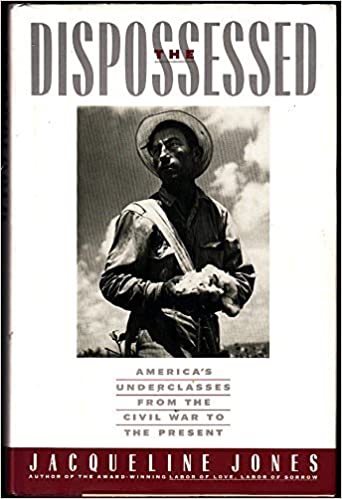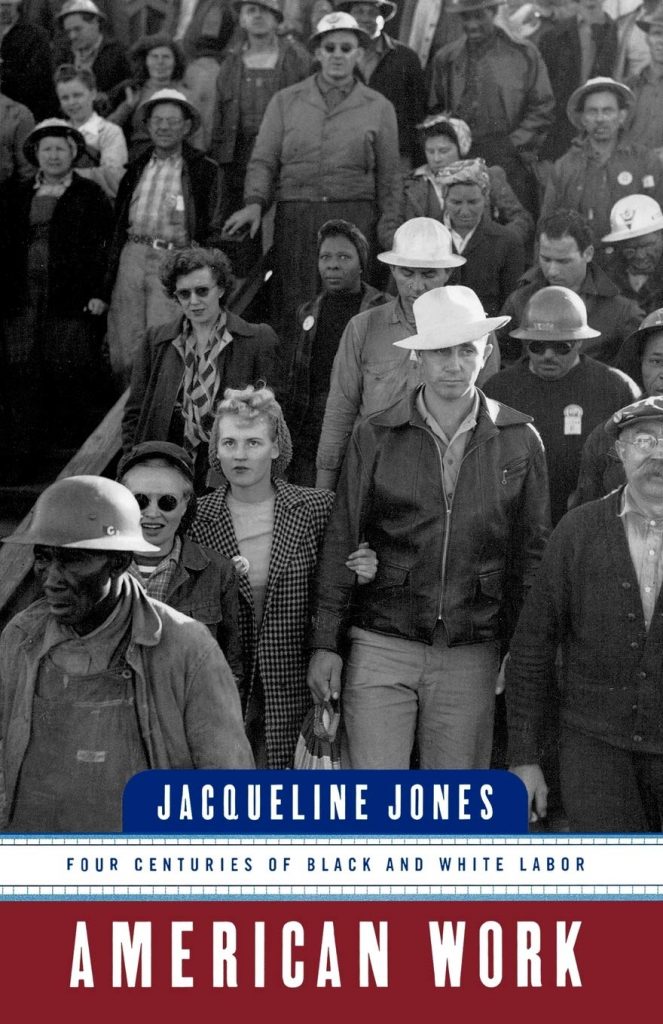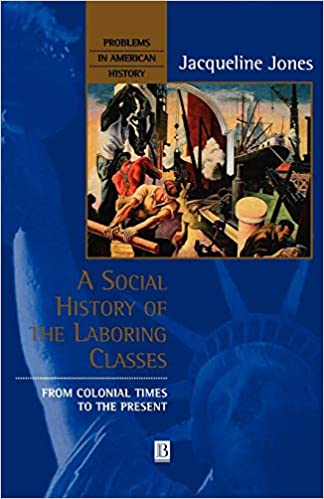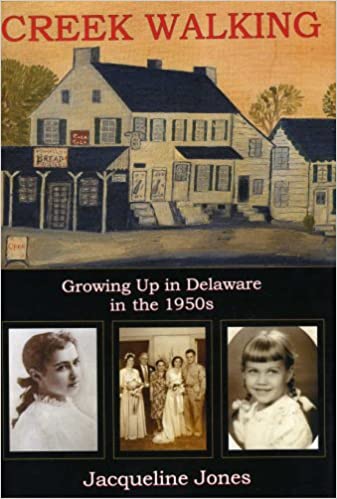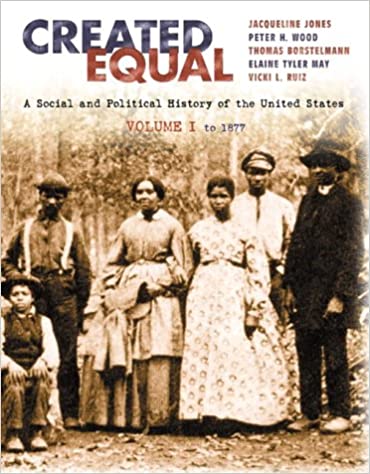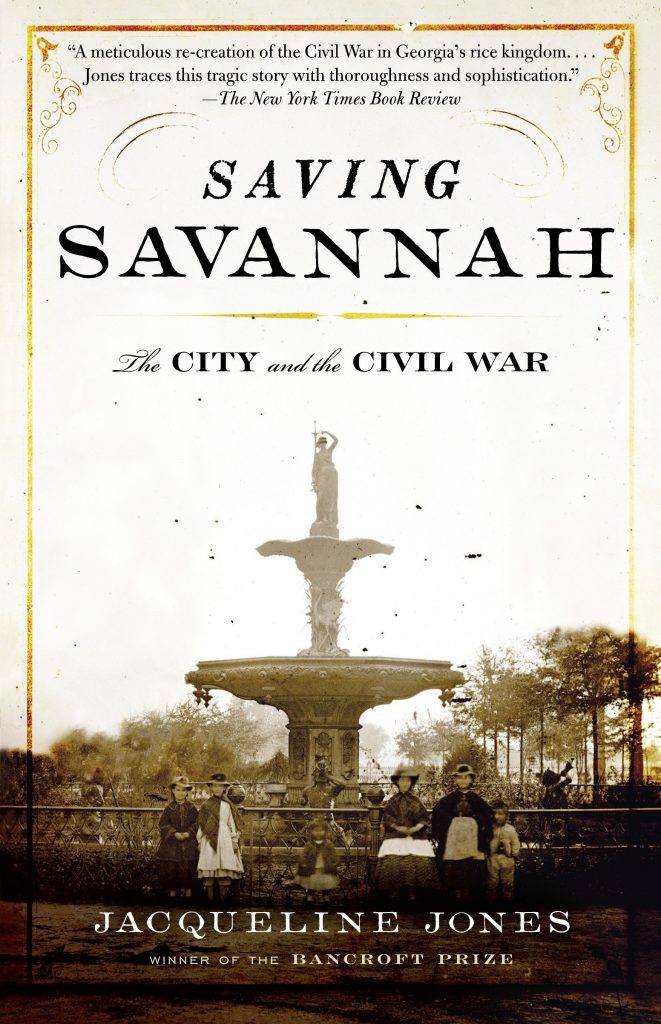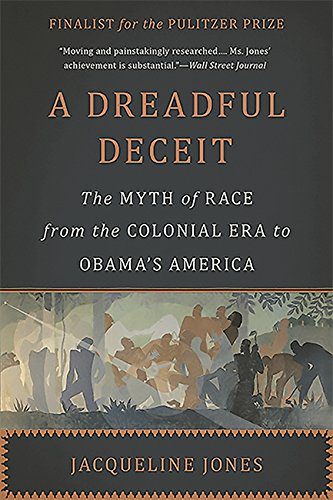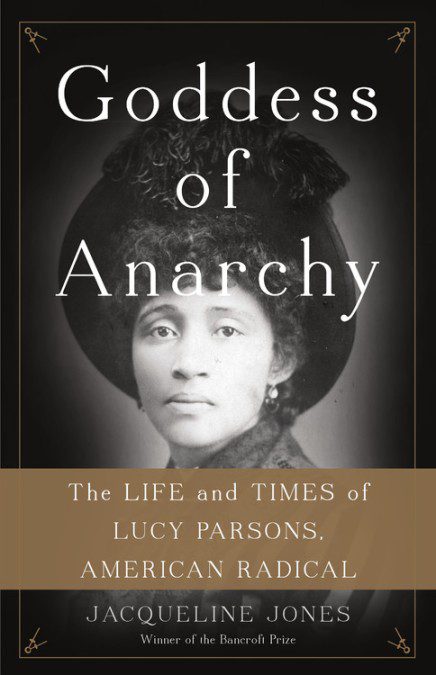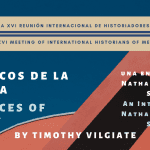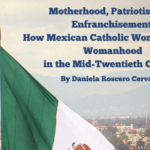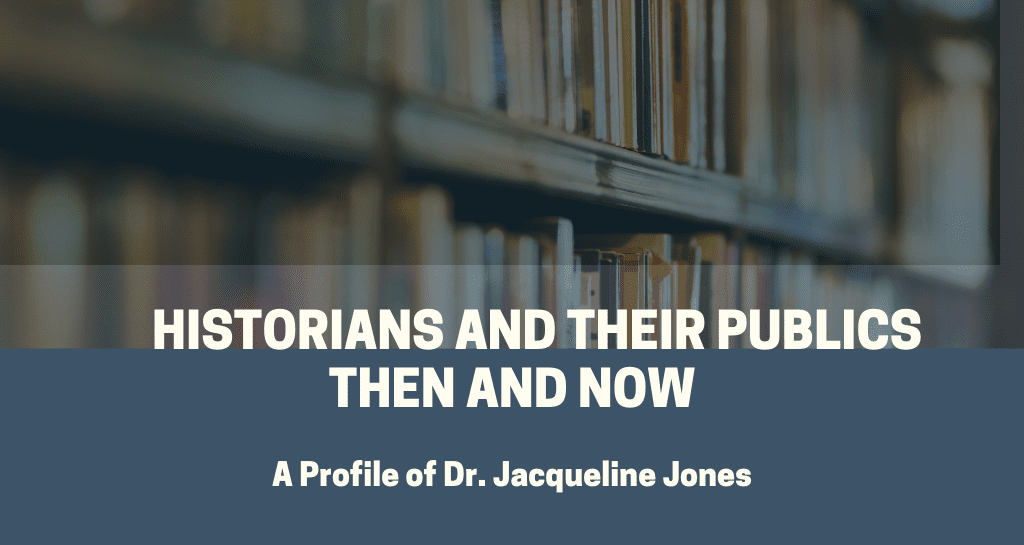
By Jack E. Davis, Professor of History and Rothman Family Chair in the Humanities, University of Florida
Note: This profile was first published as part of the 2022 Annual Meeting Presidential Address by the American Historical Association. It celebrates the remarkable career of Jacqueline Jones, Ellen C. Temple Chair in Women’s History Emerita, at the University of Texas at Austin and President of the American Historical Association, 2021. It is republished here with permission from the AHA.
In 1988, I attended my first major academic conference, the annual meeting of the American Studies Association, held in Miami Beach. A first year history MA student, I was joined by a classmate, and both of us were eager to catch a glimpse of some of the authors of books assigned in our courses. The person we were most excited about, a veritable superstar who was presenting, was Jacqueline Jones, the author of Labor of Love, Labor of Sorrow: Black Women, Work, and the Family from Slavery to the Present (Vintage Books, 1985). Two years earlier, the book won the Bancroft Prize and was a finalist for the Pulitzer Prize in History.
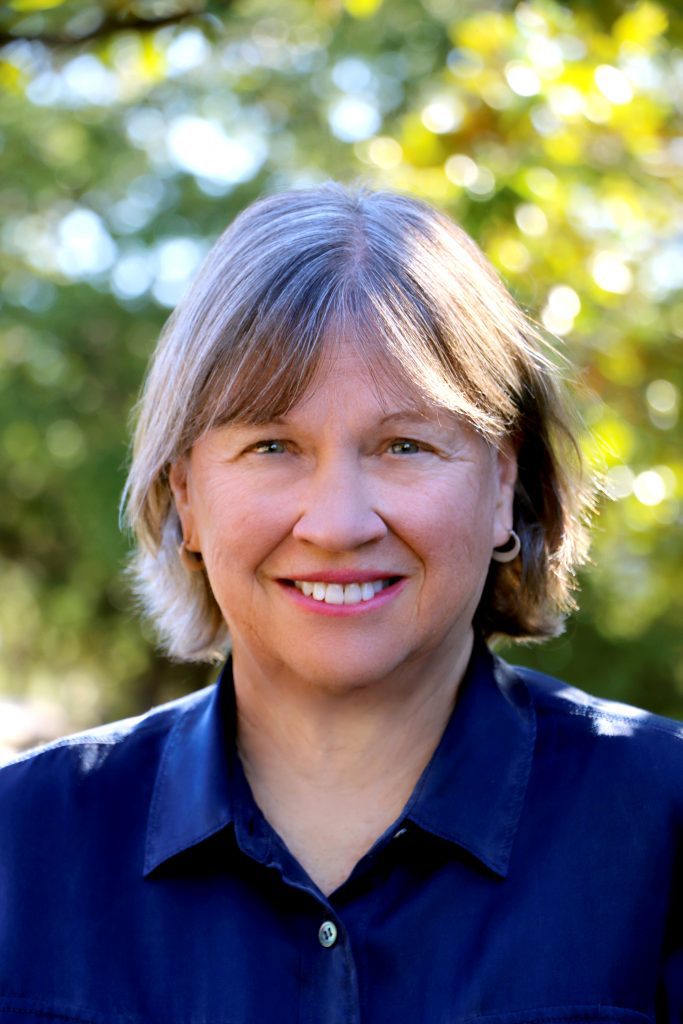
Labor of Love, Labor of Sorrow is a sweeping history of the toilsome lives of Black women, uniformly overworked and underpaid yet fully committed to their home lives. At its heart, the book accords both women and the Black family a dignity that the conventional historical narrative and white society, including some leftist intellectuals, had long denied them. Writing in the New York Times Book Review, Toni Morrison observed, “Rather than simply looking at data, Miss Jones sees them.” Few are the academic books reviewed in this premier publication, and rarer is one that receives the validation of a towering figure in American letters. Morrison congratulated the author for possessing the “gifts” to deliver a “perceptive, well-written,” myth-puncturing book.
To a couple of master’s students, the book was a model of scholarship and accessible writing. Highlighting her panel in our programs, we wondered who exactly this “Miss Jones” was. We knew that she taught at Wellesley College and previously published Soldiers of Light and Love: Northern Teachers and Georgia Blacks, 1865–1873 (Univ. of North Carolina Press, 1980). In addition to being a brilliant scholar, she was a socially conscious writer mindful of inequalities and injustices, which seemed consistent with the friendly and generous spirit that people who knew her talked so much about. We were particularly curious about the origins of her social sensibilities and intellectual vitality.
Then, 13 years and four books later, our curiosity was fully satisfied when she published a memoir, Creek Walking: Growing up in Delaware in the 1950s (Univ. of Delaware Press, 2001). Written as a personal exploration, the sprightly book reveals the intertwined forces that gave impetus to the sense of social justice that pervades Labor of Love, Labor of Sorrow and other works that followed. Each was the outgrowth of and inspiration for a teaching career of more than 40 years, a landscape of fresh ideas and new ways of seeing the world that ultimately thousands of undergraduate and graduate students traversed.
Born in 1948, Jacqueline Jones is the oldest of three children raised by happily married parents in the town of Christiana, Delaware. On the surface, theirs was a Norman Rockwellian middle-class white family living in a two-story, three-bedroom house with a big screened porch on the side and a Ford station wagon in the driveway that took the family to church on Sunday. Located 12 miles southwest of Wilmington, less a town than a settlement, Christiana had little more than a firehouse, an all-white public school, and four churches, two white and two Black. Its 50 to 60 Black residents lived on one street and part of another. The children from that section of town attended schools several miles outside of Christiana.
Jackie partook in the joys and sheltered comforts of a white baby-boom childhood while exhibiting a bright and kind-hearted disposition. Reflecting on her early years, she remembers blissful Sunday afternoons with cousins and daily visits with her grandparents and an aunt. At home, however, muted tensions often hung in the air, owing in part to her parents’ consent to postwar conformist society.
Outside the family, the emerging realities of civil unrest attracted Jackie’s attention. Two years after the 1954 Brown v. Board of Education US Supreme Court decision, the local school district complied with a school-choice plan, which permitted but did not mandate desegregation. Although the Christiana school escaped overt opposition when the first Black students enrolled, the adults in Jackie’s life—family members and teachers—remained largely blind to racial truths and contradictions that, by her high school years, she found increasingly disturbing. Denunciations sounding from the pulpit at the Presbyterian Church the family attended, as she writes in Creek Walking, targeted “civil-rights activists, welfare mothers, and antiwar protesters.” Not long after graduating from high school and going off to the University of Delaware, she began to separate from the religious and social faiths she had been expected to embrace.
In college, Jackie started out as a German major, but she could not take her mind off the social turmoil defining the 1960s. Hoping to better understand its roots, she switched her major first to sociology and then to American studies. History classes at first struck her as exceedingly rote and “lacking in the drama” of current-day events. That changed when she took a survey course in African American history. A portal into an unknown past, the course helped her form a new perspective of the American experience, to see it with an eye toward inclusiveness. The deeper she delved into the subject, the more she made a connection between the legacy of white advantage and the social dynamics that had circumscribed her world in Christiana. With her interest in Black–white relations piqued, she wrote her senior thesis on a group of Quakers in the post–Civil War years who sponsored teachers who established schools, including one in Christiana, for Delaware’s Black children.
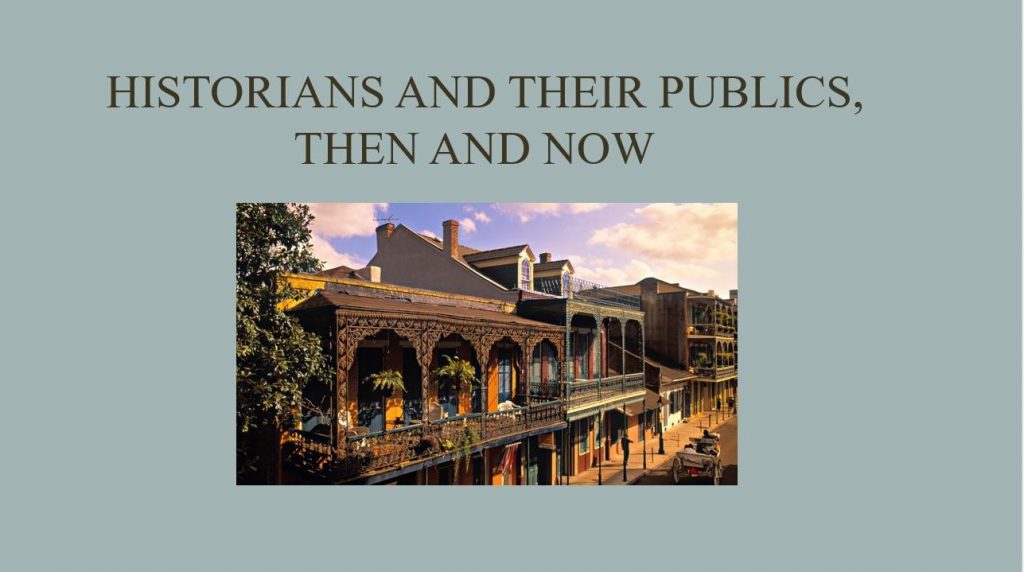
Following her graduation in 1970, her thesis topic became a prelude to graduate work at the University of Wisconsin, where she earned an MA and PhD in history. Early in her studies, she came across the papers of the American Missionary Association, which sent teachers, mostly young white women, into the postbellum South to educate newly freed African Americans. With this discovery, Jackie had hit upon the subject for her dissertation and first book. She spent a year combing through the letters of educators who descended on Georgia with “light and love.” A white scholar reading the same 10 years earlier might have ignored—even given assent to the savior mentality evident in an organization that presumed educated northern whites knew best how to prepare the allegedly weak and ignorant Blacks for free society. For Jackie, the missionaries’ paternalism strengthened her inclination to zoom out and examine history beyond the comfort zone of the traditional patriarchy.
Graduate school also introduced her to the groundbreaking studies of John Blassingame, Herbert Gutman, and Eugene Genovese. At the same time, Madison’s activist community exposed her to the women’s movement, Black Power self-determination, farmworker insurgency, and antiwar demonstrations. The meshing of the past and present launched what would become a distinguished teaching and writing career framed around issues of race, gender, labor, and poverty, and listening to the voices of the disinherited. That career would be further defined by a certain imperative that she brought to the study of history, poignantly articulated when she would ask, says her former graduate student Robert McGreevey, “‘Where is the outrage?’”
Jackie defended her dissertation in 1976 and accepted a position as an assistant professor of history at Wellesley College. Although she grew up in a Mid-Atlantic state, she felt rooted in Massachusetts. In Christiana, her maternal grandparents, who lived next door and came from Northampton, Massachusetts, inspired her with a love of books and literature. She read Hawthorne, Emerson, and Alcott, among others, and through their writings and her grandparents’ stories and memories, she gained an appreciation of New England as a “special place” and began identifying as a New Englander.
That “special place” happened to be predominantly white, as too were her Wellesley students, many of whom were provincials of their race and culture. A course in African American history Jackie taught helped open their eyes and simultaneously nourished her research interests. The knowledge acquired from teaching the course, combined with her graduate-school readings on the Black family and communities, an introduction to new pathbreaking work of Darlene Clark Hine, and encounters with Black historical agency in earlier research, led to the writing of Labor of Love, Labor of Sorrow.
In source materials she gathered for the book, she noticed similarities in the experiences of whites and Blacks trapped in the share-tenancy system. Husbands tended to be older than wives; they begot many children, whose labor was essential to the household; and they moved frequently in search of better contracts with landowners, a behavior that Jackie identified as “shifting,” a late 19th-century term that originated with the US Department of Agriculture. Shifting was the subject of the paper she presented at Miami Beach in 1988.
After the panel’s moderator introduced her, my classmate and I were surprised by the person who crossed the podium to the microphone. The erudition of her award-winning book had fooled us into expecting someone who was gray-haired and stodgy. Jackie looked to be 30 years old (she was 40), yet she exhibited a commanding presence and impressive stature of mind. She spoke with confidence, vitality, and clarity, and to the audience rather than at it, unlike many other presenters.
At the time, I was focusing my MA studies on southern race relations and wanted to continue at the PhD level. Jackie seemed like the perfect match for me as a dissertation adviser, except that she taught at a small liberal arts college without a graduate program. I couldn’t foresee her being my mentor. But neither did I know that she would write another Pulitzer Prize finalist and win a MacArthur Fellowship.
A year later, I was in the PhD program at Brandeis University. The history department had outstanding faculty but no one who was an ideal match for my research interests. Jackie was the Clare Booth Luce Visiting Professor at Brown University for that year and the next. Otherwise, she was 17 minutes away in Wellesley, yet vexingly inaccessible.
Then, in 1991, the history department ran a search to fill a senior position in American history. Jackie was one of three final candidates, all of them strong contenders. At the time, she was working on a book that had evolved from her Miami Beach presentation. Her new project brought impoverished Blacks and whites squarely into the American historical narrative, tracing their desperate parallel flight from cotton fields, the migrant circuit, and coal mines in the South to industrial centers of the North, where their hopes for a better life were too often met with disappointment. This new work was the subject of her job talk.
Jackie met separately with the graduate students afterward. We all agreed that she was the most original scholar of the three candidates and an ideal fit for the program. She was also the most personable. She wanted to know who we were and what we were studying. It was clear that after 15 years at an undergraduate institution, she was eager to work with graduate students. The teaching environment, she believed, was an opportunity for an exchange of knowledge to enrich the minds of both students and professor.
In the middle of our interview with her, someone asked a question about quantitative analysis. I distinctly remember Jackie explaining that she approached historical analysis by way of telling stories. Her objective was in part to show her subjects as actors. They were multidimensional people with priorities, ambitions, and values that, although thwarted by systematic and social injustices, were consistent with the professed sensibilities of the white middle class. What she was telling us is that stories—whether about a domestic housekeeper, sharecropper, Quaker reformer, factory worker, migrant laborer—instill life into analysis. They make the historical experience and human subjects real and give context to the human condition.
By a unanimous vote, we ranked her our first choice of the three candidates and reported our decision to the search committee. I also wrote a letter to Jackie on behalf of the graduate students, expressing our excitement over the possibility of her coming to Brandeis. I spent hours on the letter and can remember only two words from it, “invaluable asset.”
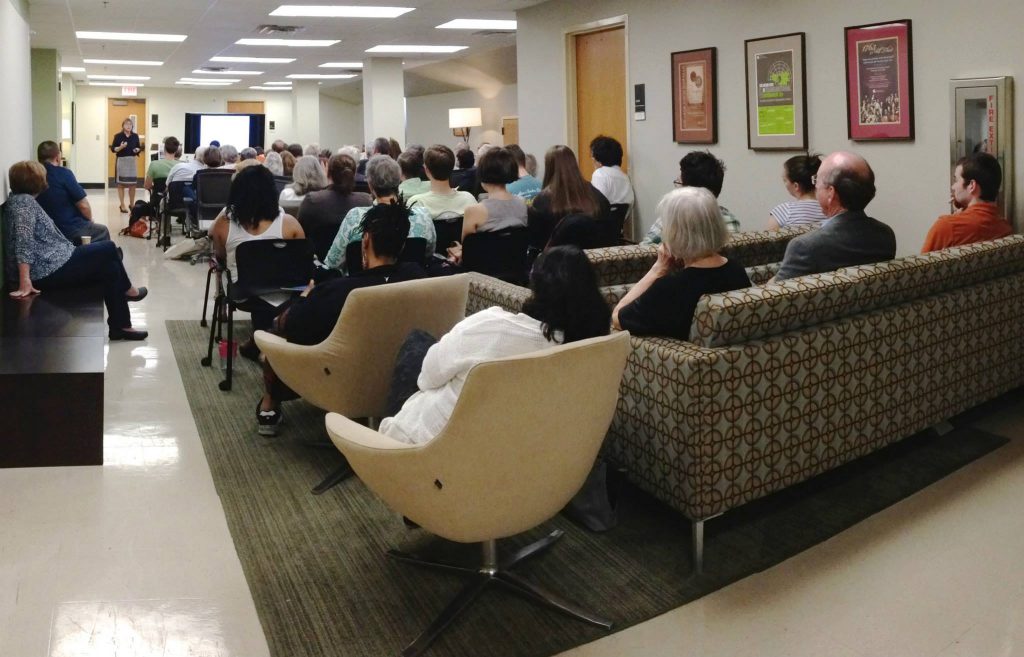
Jackie was offered and accepted the job. Stephen Whitfield, who chaired the committee that reviewed her fitness for tenure, remembers that her “prize-winning scholarship, inspiring teaching, and institutional service that did not suffer because of her devotion to the archives and to the classroom” made the committee’s “task ridiculously easy.” In the fall of 1991, she came to Brandeis as the Harry S. Truman Professor of American Civilization, and I had a new dissertation adviser.
I was ABD (all but dissertation) by this time and soon leaving to research and write my dissertation in Mississippi. Regrettably, I never took a class with Jackie. Over the years, I’ve heard graduate students at Brandeis and the University of Texas at Austin (UT), where she subsequently taught, speak of the erudition and passion she brought to her courses. Those who served as teaching assistants said she did more than teach undergraduates; she nurtured them, seeking to broaden their intellectual horizons both on and off campus and out in the world. She was famous for bringing in exciting primary sources, found while working on a current book or article, to show students how historical research originated outside textbooks, monographs, and document readers. “And then, of course, when she saw a need for an entirely new undergraduate textbook, she went and wrote one,” says Tona Hangen, a former Jones student and associate professor of history at Worcester State University, referring to Created Equal: A History of the United States, co-authored with Peter H. Wood, Elaine Tyler May, Tim Borstelmann, and Vicki L. Ruiz (Pearson, 2003).
What her former graduate students remember as much as anything about Jackie is her good cheer, unfailing support of their projects, and sensitivity to their insecurities. “As a first-generation Black graduate student,” writes Tiana Wilson of UT, “I would not have reached doctoral candidacy without the guidance, patience, and grace of Professor Jones.” McGreevey, now professor of history at the College of New Jersey, recalls, “She knew how to push through whatever disappointments or anxieties we felt and get on with the work of research and writing.” Whenever his self-confidence waned, Jeff Wiltse, professor of history at the University of Montana, says of his former adviser, “I came to believe in myself as a scholar in large part because [Jackie] conveyed her belief in me so well.” She devoted more time to ensuring her students’ success than what seemed possible for a prolific scholar. Brandeis recognized her selfless devotion in 2008 with the Dean of Arts and Sciences Graduate Mentoring Award.
Her gestures of generosity indeed often went beyond the call of duty. Gabriel Loiacono, a Brandeis student and associate professor of history at the University of Wisconsin Oshkosh, recalls that near the end of the semester Jackie would take her TAs to lunch and give each a “new monograph she thought we would like.” Her graduate students took note of her mentoring skills and would later emulate them. They were also often moved by her tendency to put students first, as in the case of Dierdre Lannon, who faced an unexpected challenge at UT. Her PhD adviser resigned, leaving her future in the program uncertain. Jackie stepped in, even though she had recently assumed the chairmanship of the department, which included some 60 faculty members, nearly 100 graduate students, and more than 400 majors. Jackie’s availability throughout, remembers Lannon, “was remarkable—emails returned almost immediately, forms signed on the spot, meetings scheduled without overlong waits.”
One of the most effective incentives for Jackie’s students to succeed was the example of her professional dedication and work discipline. Ava Purkiss, a UT PhD and assistant professor of American culture and women’s and gender studies, routinely reflects on Jackie’s “incisive mind” and “gift for storytelling,” and Jermaine Thibodeaux, an assistant professor in African and African American studies at the University of Oklahoma, continues to embrace his mentor as an exemplar of “peak professionalism.”
Students were not the only ones who looked to her example. When Jane Kamensky arrived at Brandeis in 1993 as an assistant professor, Jackie immediately impressed her as someone to watch and learn from. Kamensky, who has since achieved her own preeminence, can still see “Jackie at a small desk on the lowest subterranean floor of the library, doing scholarship on yellow legal pads, almost every day, stealing any sliver of time, between classes, between family commitments.”
Jackie was like the female subjects in her books when it came to juggling work with family, although she is the first to concede that her class status and steady employment gives her a considerable advantage over the working poor. Still, during the years that she and her husband, Jeffrey Abramson, a professor of law and politics and a leading scholar on the American jury system, raised two children, Jackie published five books, edited a book series, and wrote at least 21 journal articles and book essays. “She would joke,” says Hangen, “that her time-efficient technique in the archive was the same as in the grocery store: running down the aisles knocking everything possible into her cart, and only sorting it all out at home later.” Jackie shared her strategy when Hangen was expecting her first child and wondering whether to put her graduate studies on hold. Jackie “felt keenly that women in the discipline should be able to combine family life and academic pursuits.” Mentor told student, “We’ll figure it out,” and “true to her word,” Jackie helped Hangen follow her original degree plans and “celebrate both academic and personal achievements.”
An unexpected way that Jackie steered me toward personal achievement was by revealing her process in creating a book. In the early 1990s, when I was living in Mississippi and sending dissertation chapter drafts north, she was sending chapter drafts from her book in progress, The Dispossessed: America’s Underclasses from the Civil War to the Present (Basic Books, 1992), south—and asking for my feedback. A seasoned, prizewinning author valuing my judgment was an affirmation that she believed in me. Equally important was what I was learning about writing from her. Reading text from a work in progress gives you an intimate look into a writer’s process. You see the larger picture, yes, but you also see the craft giving shape to the eventual product and the energy and effort behind it. You can sense what the writer might have been thinking when making a particular statement or structuring a sentence or a paragraph or a whole chapter. What struck me as much as anything in reading the chapter drafts of The Dispossessed was the diversity of sources Jackie employed, and the sheer number of them. In the book’s printed form, 20 percent of its pages are given to endnotes, reflecting a high narrative-to-notes ratio that is standard for her books.
In the course of publishing eight books, with a ninth forthcoming, Jackie’s approach to writing and research has remained fairly consistent. Despite technology that enables scanning and photographing source materials, she has never abandoned taking notes by hand when in archives—which is not to say she is a luddite. The amassing of sources— newspapers, Freedmen’s Bureau reports, and genealogy databases, for example—online has been a windfall of which she takes every advantage. After knocking them into her grocery cart, Jackie spends a lot of time examining sources. Her general practice, she says, is to get to the point when she starts seeing “patterns solidifying and replicating; that’s when I know . . . I’m on the right track.” She also knows when it is time to start writing.
Detailed chapter outlines are integral to the process. She’s a cartographer of sorts, mapping out each paragraph, setting the direction 10 for the narrative, and pinning the source to each quote so she won’t have to “rummage around” for it later. A chapter outline might run three times the length of the chapter. Abiding this strategy lends itself to giving a “lot of thought to argument and organization” before she begins the actual writing. When she does, everything tends to fall into place. In the early years, she composed first drafts in longhand, and then, like so many of us, she moved all stages of writing to the screen.
Where she writes is less orthodox. Despite having a nice office on campus wherever she has taught, she faithfully writes at home. She prefers the kitchen or dining-room table to a desk in a study, partly by default— for lack of space when raising two children—and partly by choice and habit. She writes nearly every day, even at the Cape Cod house where she and Jeffrey spend their summers. That discipline and those tables have produced, in addition to her nine books, 33 journal articles and book chapters.
Early on, a distinct voice came to life in her published work. There is the voice of the writer, as tight and graceful as an undaunted river between its ushering banks, translating scholarly interpretations and analysis into readable prose. There is also the voice of conscience. Calling on the past for the good of the present, her books address an existential urgency—whether on race, gender, poverty, inequality, or injustice—that society has failed to adequately address. She does not sermonize, lecture, or fixate. She is not righteous or condemnatory. But she does speak to accountability while challenging the country to live up to its professed moral and founding values of justice and equality. A reviewer of The Dispossessed said that in pursuing her central objective to dismantle the myth of the culture of poverty, Jackie writes “with moral fire.” The historian John C. Inscoe described her book Saving Savannah: The City and the Civil War (Knopf, 2009), which examines the experiences of Black men and women endeavoring for a decent life after slavery only to confront broken promises and vanquished hopes, as “moving and meaningful.”
Validation for this passion and her years of work came in the most welcome form on her birthday in 1999 and on her home answering machine. The caller was the director of the MacArthur Foundation. Jackie had won a fellowship for 1999 to 2004. Academics generally use the generous award to buy leave time so they can work on a project. But Jackie, who was still at Brandeis, decided to continue teaching. There seemed no better time to demonstrate her devotion to students. She told a reporter that the insights and ideas that animated the classroom and the seminar table advanced her scholarship and stimulated productivity. Two years later, she published Creek Walking; two after that, Created Equal.
A number of schools over the years had called too, trying to lure Jackie away from Brandeis. The University of Texas at Austin succeeded in 2008. The decision to leave New England and their grown children behind was a difficult one for Jackie and Jeffrey. But UT had a vibrant graduate program and outstanding faculty, and the university offered the two attractive positions. In the 12 years that Jackie spent at UT, she simultaneously occupied both an endowed chair and a separate named professorship. Six years after arriving in Austin, she assumed the position of department chair, which she held until a year before her retirement. She had chaired the departments at Wellesley and Brandeis and knew how to balance teaching, advising, publishing, service, and family. She and Jeffrey were now empty nesters, but they still spent summers on the Cape and with their daughters and grandchildren.
The year she took the reins of the department at UT, A Dreadful Deceit: The Myth of Race from the Colonial Era to Obama’s America (Basic Books, 2013) was selected as a finalist for the Pulitzer Prize in History. Critics praised the book for its deft analysis, intricate research, and innovative narrative, which Jackie structured around six African American lives that ran sequentially through the course of American history after European settlement. Their combined stories expose “race” as an egregiously false social construction that whites, society, and political, legal economic, and public policy systems have historically employed to exclude, oppress, emasculate, disfranchise, and brutalize nonwhites.
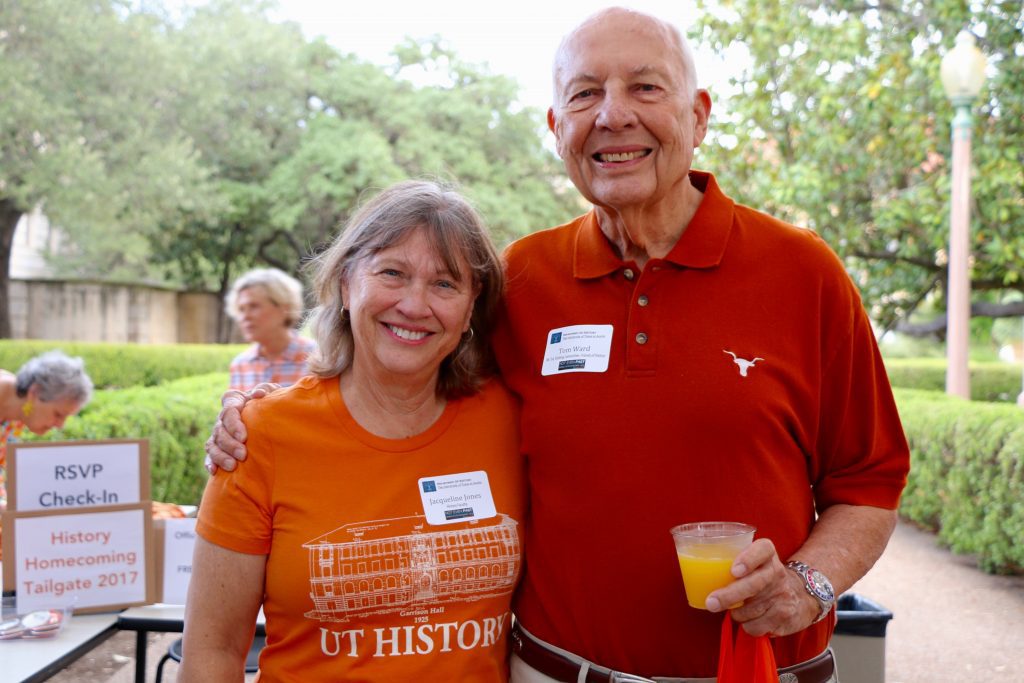
Broadening her obligations within the department did not disrupt her scholarship. Three years into her term as chair, she published Goddess of Anarchy: The Life and Times of Lucy Parsons, American Radical (Basic Books, 2017), a 480-page biography of the African American labor organizer and radical. She graduated two PhD students while continuing to advise others, and she served on busy committees of the American Academy of Arts and Letters, to which she had been elected. Jackie says that her principal objective as a department chair has been to “run interference between the faculty and administration,” ensuring that her “colleagues had the resources and space to do their jobs.”
Her leadership endeavors at UT were wider ranging than she suggests. Jackie’s “creative and collaborative intellectual vision,” says her former colleague Janet Davis, “made the history department one of the most exciting places to be on our campus.” While managing a staff of 12 (who Jackie credits with keeping the ship afloat), she shepherded the department through a budgetary crisis. She oversaw the hiring of several new faculty members and strengthened relationships with alumni, in part with tailgating parties, which, according to colleague Erika Bsumek, “became a favorite event.” When not writing books, she was writing nominations for teaching awards, fellowships, and travel grants on behalf of faculty. She supported innovative initiatives of her colleagues, including public-facing history projects, a digital history software app, and a new undergraduate history journal, Past in Process. She also guided the department through the earliest months of COVID-19. All the while, she was writing another book, a history of African American workers in Civil War–era Boston.
Jackie retired from UT in 2021. She and Jeffrey sold their house in Austin and moved back to Massachusetts and settled in Concord, a place removed culturally and emotionally from mid-century Christiana. But retirement is not a finish line for her. She may no longer be in the classroom as often, but she has trained a couple of generations of others to carry on, and she has never stopped mentoring them. “When one considers how many lives Jackie has touched with her brilliance and generosity,” says Lannon, who now teaches at Texas State University, “it is clear that her influence on the discipline of history has been tremendous, and her legacy will be lasting.” Jackie will continue to build on that legacy. She has more books to write, and she has the flagship organization of her profession to help lead.
The views and opinions expressed in this article or video are those of the individual author(s) or presenter(s) and do not necessarily reflect the policy or views of the editors at Not Even Past, the UT Department of History, the University of Texas at Austin, or the UT System Board of Regents. Not Even Past is an online public history magazine rather than a peer-reviewed academic journal. While we make efforts to ensure that factual information in articles was obtained from reliable sources, Not Even Past is not responsible for any errors or omissions.
